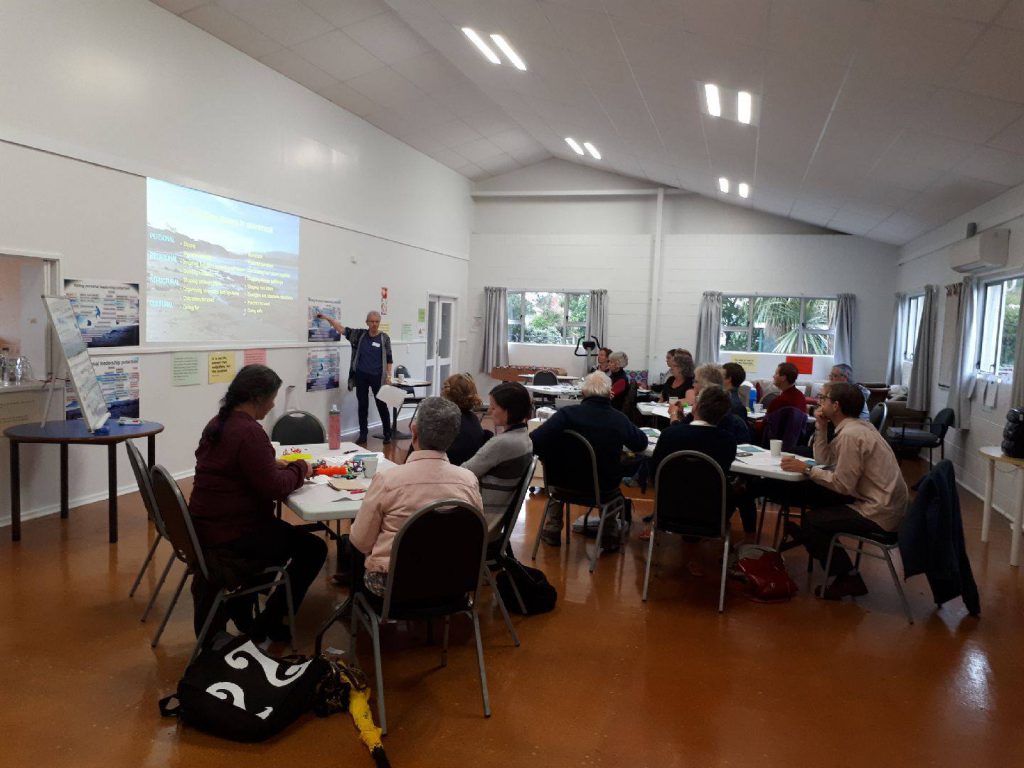





Perspectives
This is a selection of our collective thinking, our expertise and perspectives to help support and develop your own thinking and idea generation.
We have all worked for many years alongside many communities and we have all faced many challenges along the way. We don’t always have quick solutions and we continue to learn from one another – and from you – but we hope this is a seed for inspiration at the very least.

This is a selection of our collective thinking, our expertise and perspectives to help support and develop your own thinking and idea generation.
